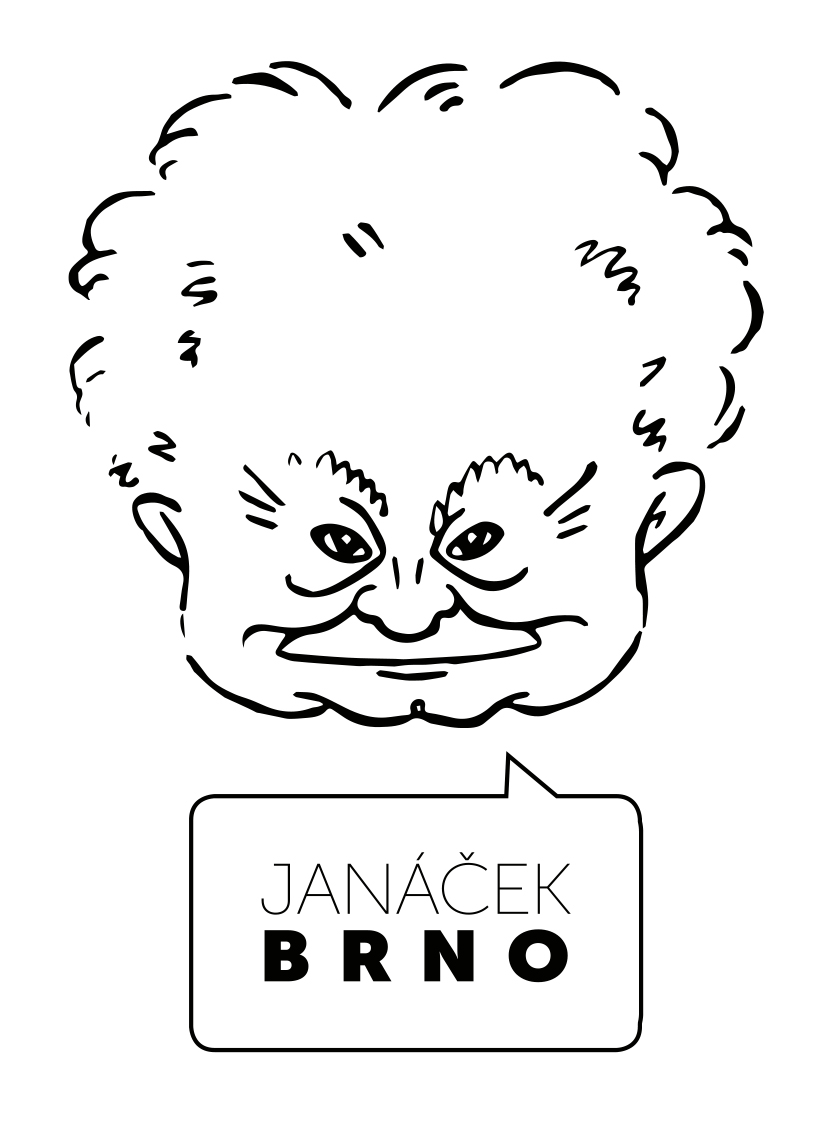
FROM THE HOUSE OF THE DEAD JW I/11
opera oin three acts
libretto by Leoš Janáček after Dostoyevsky's novel Notes from the House of the Dead
1927-28, rev. 1930 (Chlubna, Bakala, Zítek)premiere 12. 4. 1930 Brno
first edition Universal Edition, Vienna 1930 (full score and piano-vocal score), 1990 (full score, ed. Charles Mackerras, John Tyrrell), 2017 (full score, piano-vocal score, ed. John Tyrrell, critical edition)
Janáček's final opera again came from Russian literature. Janáček worked on several stories from the voluminous novel in which Dostoyevsky described his experiences in prison. No single plot line goes through the opera, instead it is a kind of mosaic made up from the stories of the individual prisoners, linked by one idea - the desire for freedom.
"There is a spark of the divine in every creature," wrote Leoš Janáček in June 1928 on the title page of the score of his ninth and last opera, From the House of the Dead. On this occasion Janáček's interest in Russian literature led him to Dostoyevsky's novel Notes from the House of the Dead, set in a Siberian prison. Janáček worked directly from the Russian original, which he himself translated and selected individual passages, dialogues and monologues, and wrote them directly into the score. This incredibly demanding and focussed approach appeared to stem from the composer's fear that he wouldn't finish the work, leading to some peculiarities in the text including the copious use of Russianisms. However, the work went quickly and the whole opera was written between February 1927 and June 1928. The fact that it took up a lot of Janáček's energy can be seen in a letter to his muse, Kamila Stösslová: "That black opera of mine is giving me a lot of work. It seems as though I'm going lower and lower within it until I reach the bottom of humanity with the most wretched people. And the going is difficult." The score was more or less completed and copied by June. As always, Janáček would look through the copy and make any changes and additions, mainly in the instrumentation. He managed to complete the revisions for Act 1 and most of Act 2. In July 1928 he went to Hukvaldy and Kamila also joined him there. He took with him the copy of the end of the second act and the third act. However, he would no longer make any further revisions. He caught a cold on a walk on 9 August and his condition deteriorated rapidly. He died three days later of pneumonia at the Klein sanatorium in Ostrava.
Afterwards the manuscript of the score became
part of a notarial procedure. In the autumn of 1929 the Brno Theatre Opera
decided to produce the opera and the instrumentation was left to Janáček's
pupils, the conductors Břetislav Bakala and Osvald Chlubna. The director Ota
Zítek was also involved in the opera's dramaturgy, changing the end of the
opera into a great celebration of freedom. It was in this form that the opera
was given its world premiere on 12 April 1930. However, in later years, producers gradually returned to Janáček's
original version.
Opera synopsis
Act 1
The days at the tsar's penitentiary on the river Irtysh are all the same; dreadful and infinitely long. The prisoners are expecting a new addition, apparently it is to be some kind of "gentleman". The guards bring in Alexandr Petrovich Goryanchikov, who is immediately beaten for the sole reason that he is a political prisoner. The prisoners who hear his cries gather around a cage with an injured eagle: they would like to at least free the eagle and release it from its cage, but the eagle is unable to fly. The return of the guards means that the prisoners have to return to their forced labour, which they try to make more tolerable by singing songs and telling stories. Luka Kuzmich tells them about his life and how he rebelled against the military authorities and even killed the major who had been abusing him. In the meantime the guards bring in Goryanichkov who is so weak after being beaten that he can barely stand.
Act 2
A year passes. Goryanichkov has befriended a young Tartar called Aljeja, who reminisces about his home. The prisoners are preparing for a holiday and so instead of working they can rest, get better food and organize a theatre performance. During the preparations, Skuratov tells his story: he shot a German who had lured his girlfriend away. In the meantime, a temporary stage has been set up and the play Kedrila and Juan can begin, performed by the prisoners themselves. But not for long - one of the prisoners gets very drunk and attacks Aljeja.
Act 3
Aljeja is taken to hospital. The dying Luka Kuzmich also lies there - moaning and breathing with difficulty, but he is conscious and listens to a story told by the prisoner Shishkov. He knew Akulina, a rich girl whose honour was publicly slandered by Filka Morozov. As a result she was given to the poor Shishkov as his wife. He discovers on his wedding night that Akulina is innocent, but when it turns out that she is deeply in love with Filka despite all of his slurs, Shishkov murders her from jealousy. During these final words, Luka breathes his last. Shishkov leans over him and suddenly recognizes Filka Morozov. The prisoner Gorjanchikov learns from the prison governor that he is to be released. He bids farewell to the prisoners, in particular Aljeja, and leaves for freedom. The eagle is also released, its wings having now healed. For the remaining prisoners the torturous life in prison continues as before.
